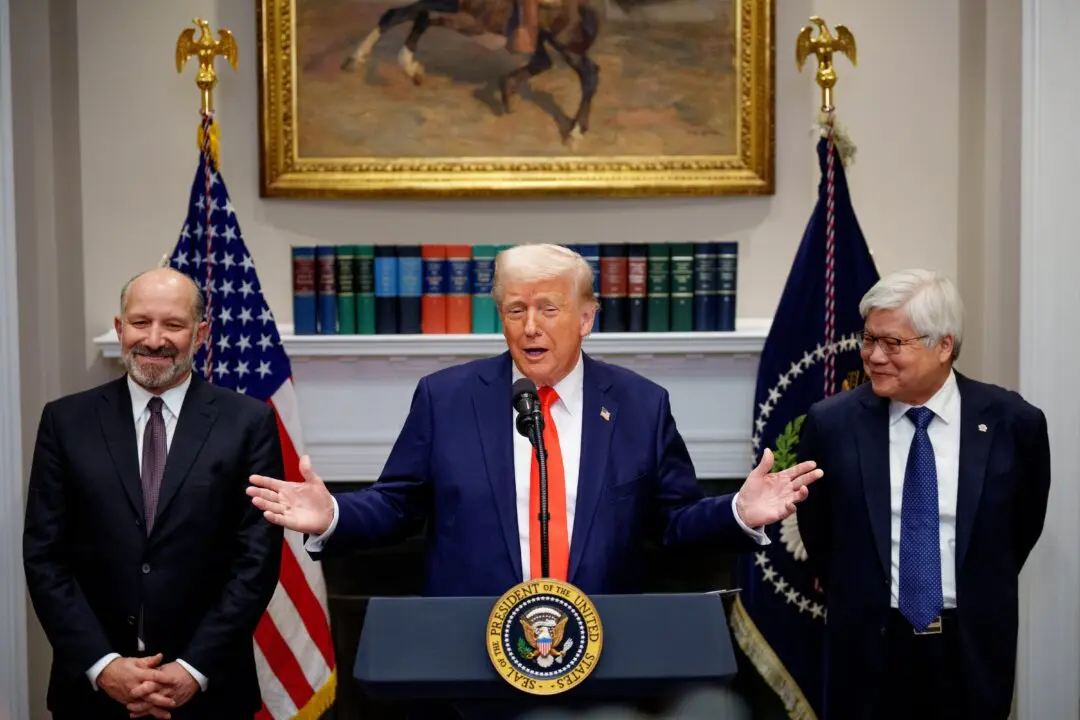Commentary
It’s time to ban TikTok. The social media app is wildly popular with young adults and children but controlled by an authoritarian regime in China. Apple rates the platform for users ages 12-plus. Yet the Chinese Communist Party (CCP) uses the app’s secret algorithm to influence and track their opinions, messaging, keystrokes, and locations.
One billion users globally are vulnerable to the theft of their passwords and future blackmail. Based on data already collected, TikTok could leverage American leaders over the entire 21st century.
TikTok is expanding into online purchases, music, search engines, warehouses, and fulfillment centers. It would like to become an everything app that replaces Google, Apple, Twitter, Amazon, and Facebook.
Unfortunately, the Biden administration is doing next to nothing against the threat that TikTok poses to the American public and economy. The silence of most Democrats on the issue is a form of complicity.
Republican States Against TikTok
But Republicans in Congress and state capitals across the United States are increasingly voicing their concerns and stepping up to the plate.
Nebraska Gov. Pete Ricketts was the trendsetter, having banned TikTok on state-owned and leased devices two years ago. In the past few weeks, other Republican leaders—including in Texas, South Dakota, South Carolina, Maryland, and Arkansas—have taken similar actions.
The State of Indiana filed two lawsuits against Tiktok, alleging that the app deceives consumers about content and security. Indiana claims the algorithm purposefully addicts young people. One lawsuit claims it promotes inappropriate content and is linked to mental and eating disorders.





